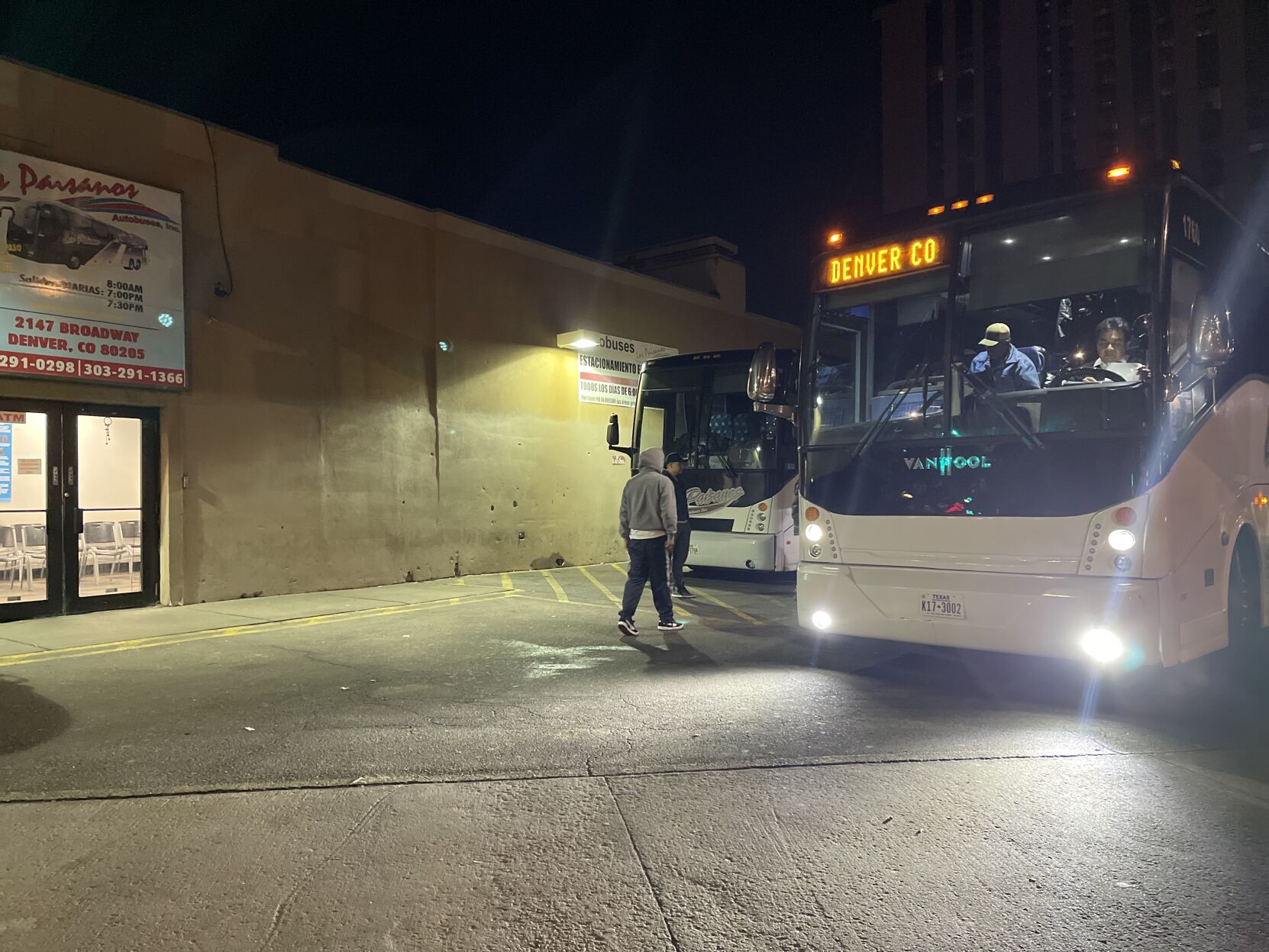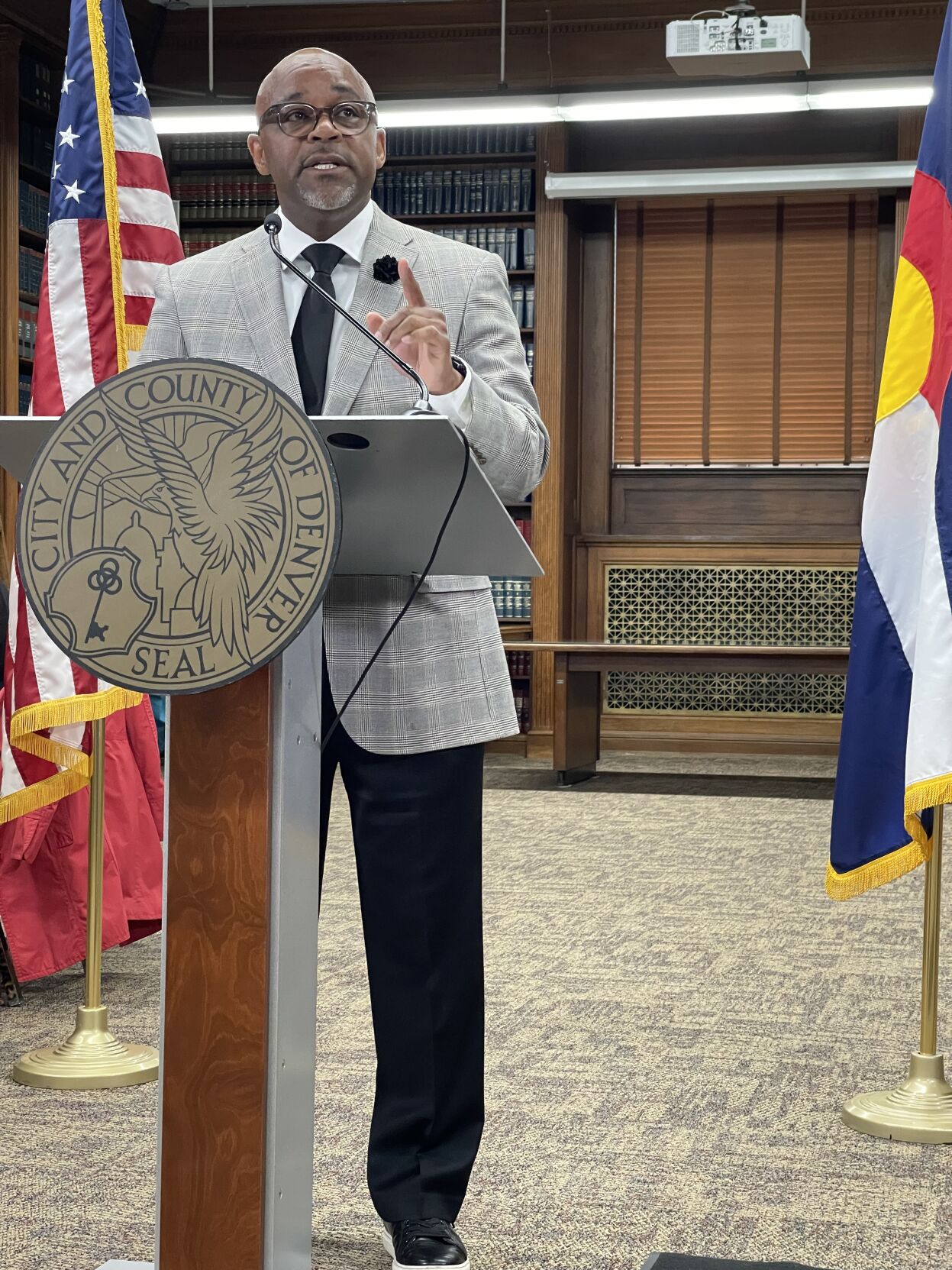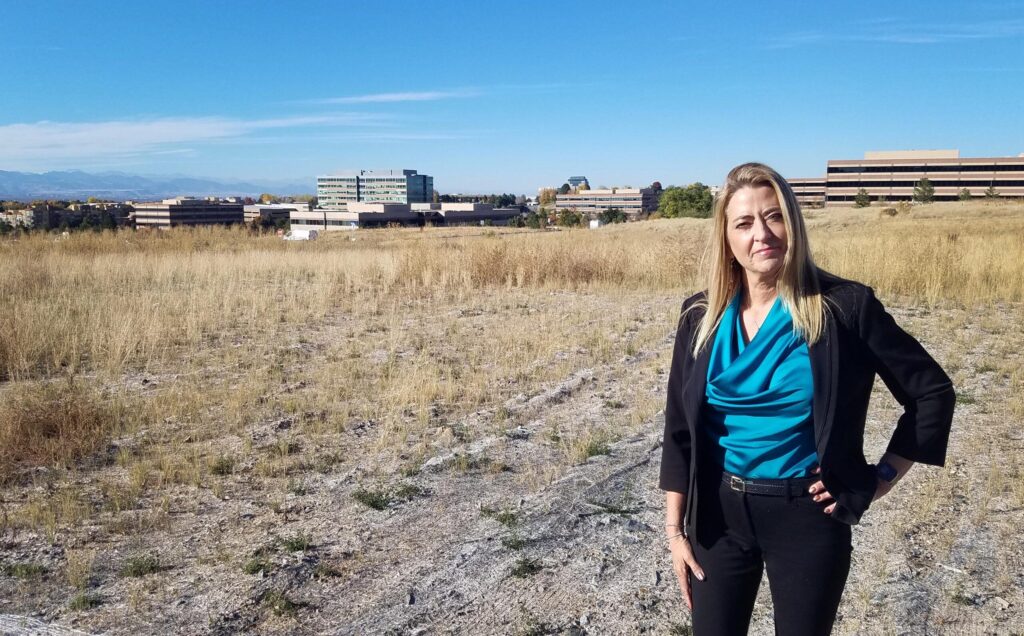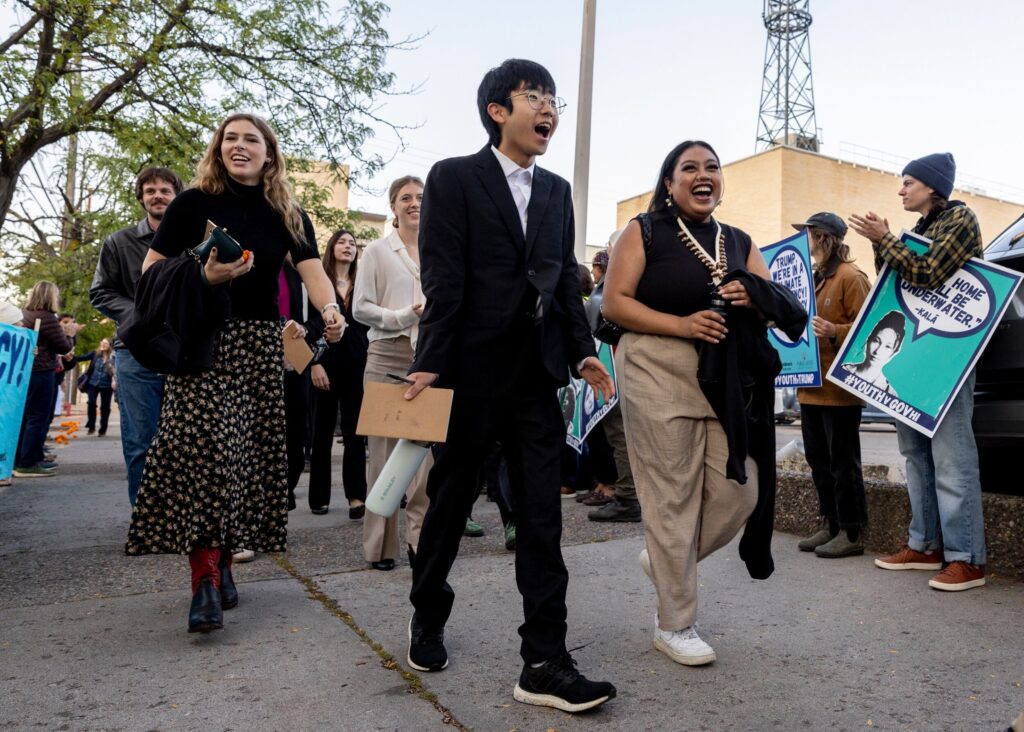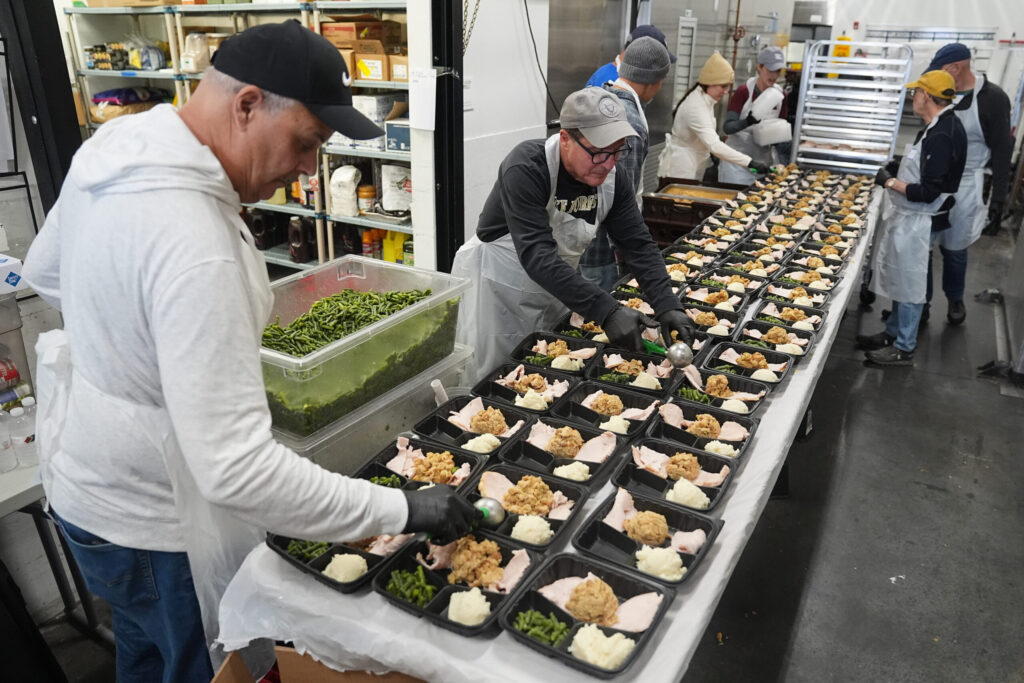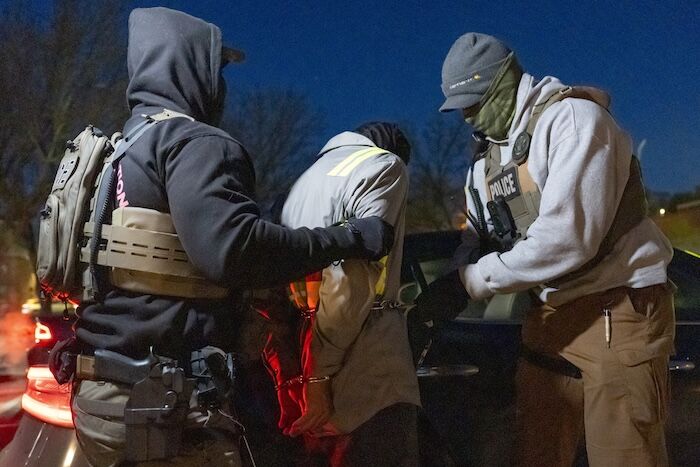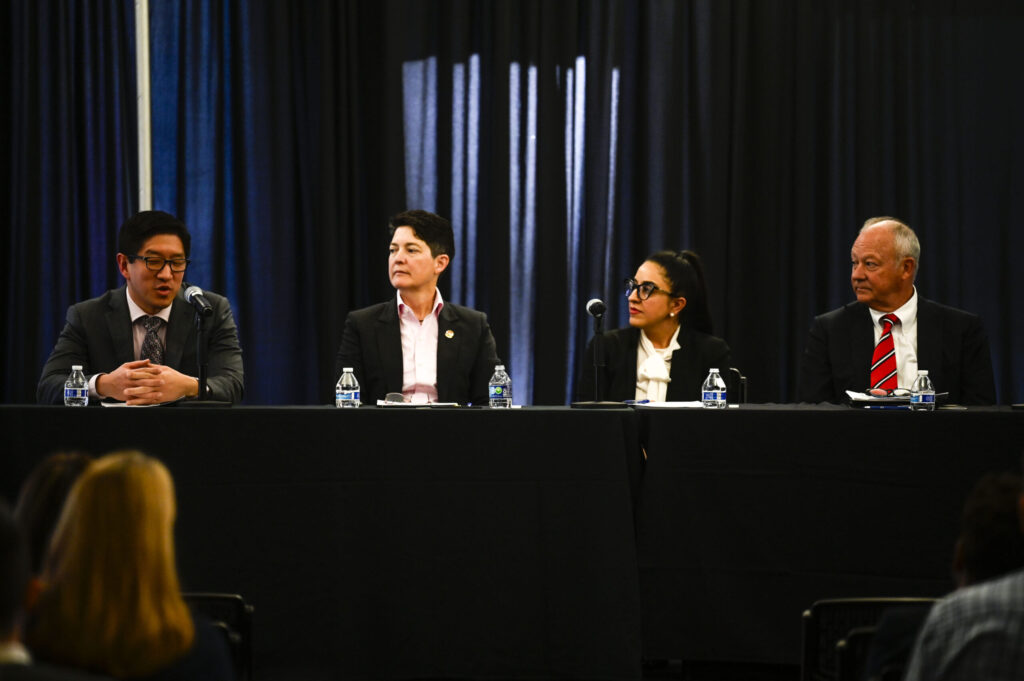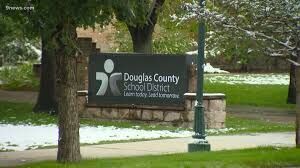Denver has spent $17 million responding to immigrant surges
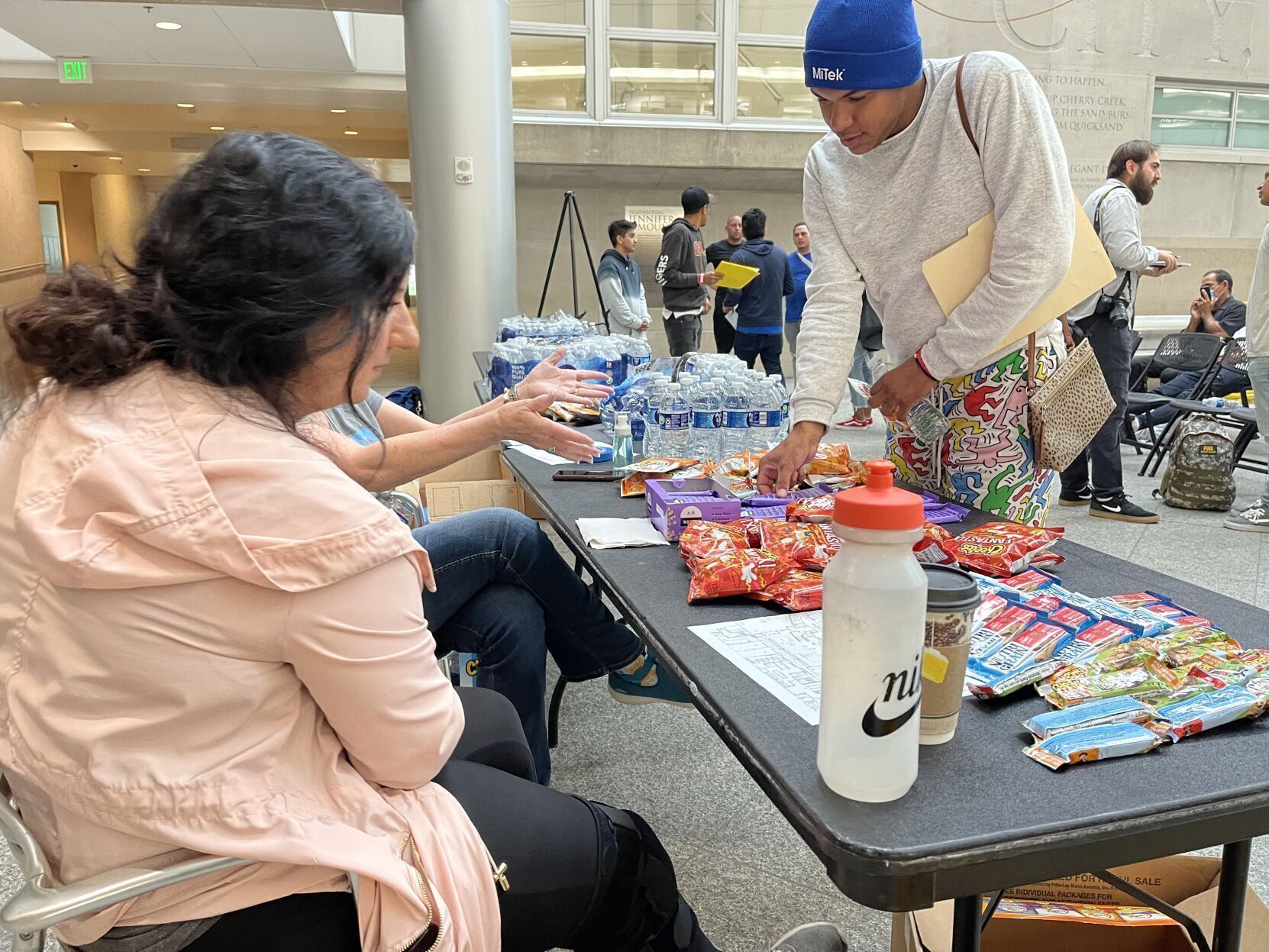
Over the past six months, the city of Denver has spent $17.3 million to shelter and support more than 11,100 unauthorized immigrants from South and Central America.
Denver has recouped about 25% of the costs.
On Monday, the Denver City Council approved $11,020,818 from the general contingency fund to “address the unbudgeted needs for shelter” related supporting arriving immigrants.
The city now has roughly $21.5 million in reserves, down form $32,5 million in December before the humanitarian crisis began unfolding in Denver.
City officials are working through the RFP process to identify a vendor for immigrant services for the remainder of the year, according to a presentation to council.
“The city is currently covering costs by using contingency funds and agency budgets, which is not sustainable in the long-term without impacting city services,” Denver’s Joint Information Center said in a statement.
The only funding the city has received so far to support migrant sheltering operations is a reimbursement award of $3.5 million from the state of Colorado, the city said, adding the federal government has provided $909,000 to Denver and $250,000 to Colorado.
Large numbers of immigrants began quietly arriving last fall. City officials, though, didn’t begin tracking the number of new arrivals until a busload of nearly 100 immigrants were dropped off at Union Station in early December.
Easing of COVID-19 travel restrictions and confusion over “Title 42” – the controversial Trump-era policy used during the pandemic to quickly expel immigrants at the Mexico border – preceded the crush of immigrants into El Paso.
The influx is emblematic of the U.S. border crisis with Mexico, which has spilled over into America’s interior cities, including Denver.
The “push-pull” of immigration has long influenced why immigrants leave their country and settle elsewhere. Push factors often involve war, poverty and political instability, while the pull frequently includes religious freedom, employment and a higher standard of living, among others.
Denver saw 11,127 immigrants arrive since December 9.
With the end of the pandemic’s federal emergency designation on May 11, and Title 42 with it, state and federal officials had anticipated a surge in new arrivals.
Called “Title 42” for a portion of a U.S. code, the policy allowed authorities to swiftly expel immigrants to help slow spread of COVID-19. Immigrants apprehended under Title 42 were returned to their home countries or sent back to Mexico.
City officials received nearly 3,900 immigrants last month alone.
Fewer than 1,000 immigrants came to Denver in April, JIC data shows.
The majority of these immigrants – like those crossing into El Paso, Texas – intend to resettle somewhere else, according to officials.
Mayor Michael B. Hancock has twice declared an emergency in the hopes of receiving state and federal reimbursements for the city’s effort.
As of Monday, the city has been reimbursed $3.5 million from the state and $909,000 from the federal government.
Officials continue to request volunteers and donations to help with the response.

